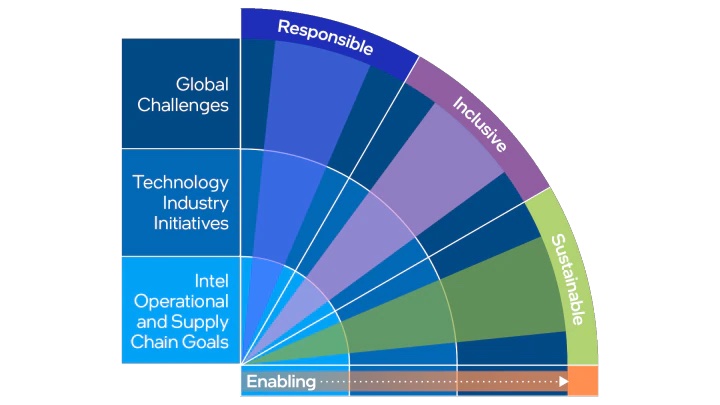We Indians are blessed with a land rooted in rich culture and heritage. A culture based on sound scientific principles that worships nature and teaches its young, best practices that have sustainability at its heart. And so, while most of the world is still battling to develop innovative ways to manage their waste, we Indians have been taught to generate less waste right at the onset. I bet that each of us has at least one glass bottle upcycled from an eternity ago in our homes that is used even today to store away some of the best homemade pickles.
When India presented its Panchamrits (five elements) as its continued promises for climate action at the 26th edition of the Conference Of Parties, more famously known as COP26, that was held in Glasgow in November 2021, the heavy-duty investments required to achieve these commitments is what most of us undoubtedly deliberated about.
Then came Article 6 to our rescue.
One of the important outcomes of COP26 is the Operationalization of Article 6 of the Paris Agreement which has paved the way for countries to work with each other and reduce the overall cost of emission reduction. These savings could be to the tune of $250 billion per year in 2030.
Under Article 6, India can now engage with developed nations and tap foreign funds for its emission reduction projects. Developed countries made a commitment to provide US$100B per annum in climate funding. When developed nations meet this commitment, developing countries like India can not only meet their promised targets but also contribute more significantly towards climate change.
A large section of the International community criticized India for replacing the phrase “Phase Out” with “Phase down” for its coal usage in The Glasgow Climate Pact but what they seemed to not understand is that currently, about 65% of India’s energy requirement is dependent on coal. Phasing out coal is an economic as well as technological challenge that requires a viable alternative to the baseline power that thermal power plants are currently supplying.
Having said this, phasing down coal and eventually phasing it out is strongly contingent if India were to receive adequate support from developed countries in terms of low-cost finance and technology transfer or co-development. And if you reflected upon India’s commitment to phase down coal deeply, you will realize that for a country so dependent on coal, this commitment in itself is a step forward from where it stood in terms of its National policies and commitments before arriving at the COP26 this year.
As India continues to advance towards a greener tomorrow with its climate change resolutions and commitments, its robust programs such as SATAT, Make in India, Atmanirbhar Bharat, Swachh Bharat Mission, UJALA et al., will further enable the country to target greater reductions in its emissions.
So here’s hoping that Article 6 pans out as planned and developed Nations keep their promise to mobilize at least $100bn in climate finance per year by 2020, which has not been met yet. Developing countries like us could use this Robinhood for the necessary funds to fast-track our trajectory to our climate goals and go on to become increasingly instrumental in global climate actions and solutions.
Views of the author are personal and do not necessarily represent the website’s views.
 Manish Dabkara is the CMD & CEO of EKI Energy Services Ltd., the World’s largest Carbon Credit Developer &Supplier. He founded EnKing International in the year 2008 with an objective to lead companies worldwide to a future of net-zero carbon emissions. With a deep passion to contribute towards the betterment of planet Earth at its heart, EnKing International offers strategic services and solutions to organizations for their carbon asset management -including carbon credit generation, supply and offsetting. Under Manish’s leadership, EKI Energy Services Ltd. has grown to become a catalyst for carbon offsets not only within India but globally and has supplied over 100 million offsets as of date.
Manish Dabkara is the CMD & CEO of EKI Energy Services Ltd., the World’s largest Carbon Credit Developer &Supplier. He founded EnKing International in the year 2008 with an objective to lead companies worldwide to a future of net-zero carbon emissions. With a deep passion to contribute towards the betterment of planet Earth at its heart, EnKing International offers strategic services and solutions to organizations for their carbon asset management -including carbon credit generation, supply and offsetting. Under Manish’s leadership, EKI Energy Services Ltd. has grown to become a catalyst for carbon offsets not only within India but globally and has supplied over 100 million offsets as of date.
This column appears in the March 2022 edition of our quarterly magazine. To grab your own copy, click here


